Notes of an internal brainstorming session at European Commission hint at steps for choosing missions, ideas on who might run them, and the level of funding
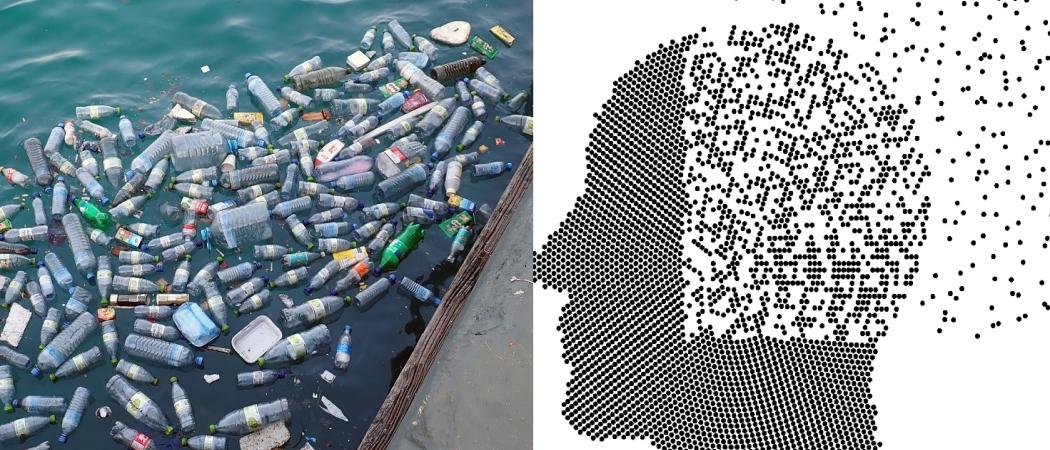
Missions planned under the EU’s 2021 – 2027 research programme could account for up to 30 per cent of the overall budget and be governed by boards that bring together experts and celebrities.
Hints on how the new funding formula could work emerge from notes of a brainstorming session among staff within the European Commission, earlier in the year.
The notes from the meeting, seen by Science|Business, lay out in detail the structure of two hypothetical missions, on plastics and dementia.
Neither is envisaged as single projects, but as portfolios of actions involving grants, prizes, procurement and financial instruments that would work in combination towards a positive outcome.
On plastics, the aim would be to reduce the amount of detritus choking the oceans by 90 per cent by 2027.
A "mission board" would be set up, bringing together a “mixture of personalities who would help increase public visibility, including end-users, experts in the areas, and representatives of the most relevant Commission services,” the document says.
Personalities the Commission could approach to sit on a plastics board include some famous names, such as former sailor-turned-campaigner Ellen MacArthur, and film director and explorer Céline Cousteau, granddaughter of legendary explorer Jacques Cousteau.
The board would also feature policy developers, NGOs, waste and wastewater managers, waste and recycling industries, producers of packaging materials, and industries active in tourism and food.
The mission could distribute a host of awards, such as one for a “litter free island”, a litter and microplastics free “large non-coastal city”, and for a technological breakthrough to prevent marine microlitter. It could also run a film competition on the topic of marine litter and its prevention.
Heightened political attention over plastic pollution in Europe makes this choice of mission a near certainty.
A mission to slow the progression of dementia within 10 years, is another idea with a strong chance of realisation.
Research could target areas, including “digital approaches to provide patients and carers with the means to prevent and alleviate memory loss”. It is also suggested that EU regional funds could help pay for a clinical trial network covering all member states, to accelerate development of new therapies.
The mission board could include an “active middle-aged” celebrity. It could also gather patients, caregivers, payers and representatives from the likes of Alzheimer Europe, Stroke Alliance for Europe, European Patients’ Forum and the European Federation of Nurses Associations.
Choosing missions
A recent report by economist Mariana Mazzucato, who is advising EU Research Commissioner Carlos Moedas on missions, says the expected outcome must be clear. However, the trajectory to reach this point should not follow a single path, or use a single technology.
Missions need a clear timeframe – long enough to allow research to develop, while at the same time having a delivery date. Crucially, it must be possible to say definitively whether the mission has been achieved or not.
“Missions are not about prioritising budget, but about a different way of working,” the EU staff document says.
There would not be a specific budget line for missions in the next research programme but the necessary resources would come from the relevant “thematic areas” included in a new “Global Challenges” pillar (a separate, unpublished Commission paper specified five such themes: health; resilience and security; digital and industry; climate, energy and mobility; and food and natural resources).
The final choice of missions would emerge, according to the paper, after a long series of consultations, spanning several years. Milestones given in the text include:
- Input sought from commissioners in September 2018
- Informal soundings with members of the European Parliament and member states throughout autumn 2018
- Draft mission plan – end 2018
- Gathering of member states in early 2019 to discuss the plan
- Drafting work programmes – early 2020
- Adoption of first work programme – summer 2020
The idea would be to begin the next research programme, which is likely to be called Horizon Europe, with a handful of missions, with the aim of scaling up so that they account for between 20 and 30 per cent of the budget.
The Commission’s overall budget proposal for the 2021-2027 period will be published on May 2; a proposal for the research programme, containing a full budget breakdown, will follow in early June. The legislative proposal is not likely to say how many missions the Commission will run. The precise funding allocation for missions will be decided during planning for the regular two year work programme.
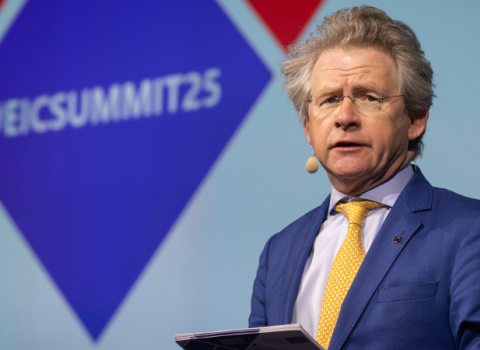
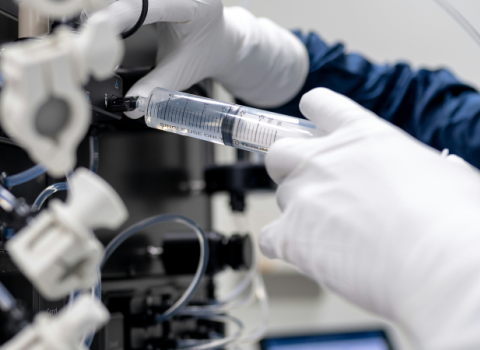
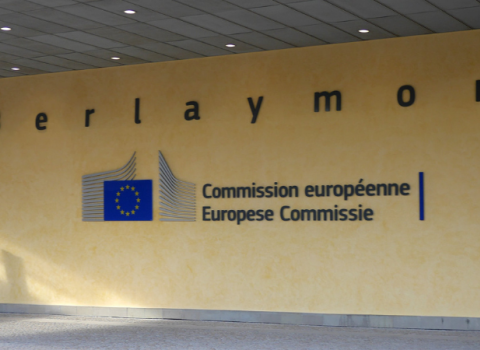
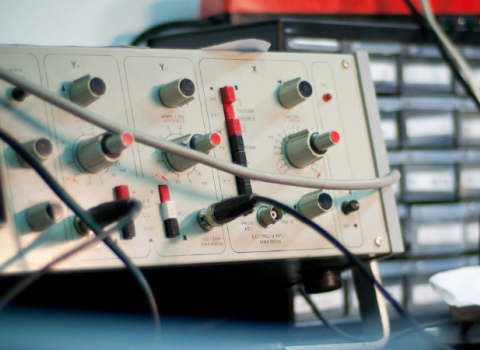

 A unique international forum for public research organisations and companies to connect their external engagement with strategic interests around their R&D system.
A unique international forum for public research organisations and companies to connect their external engagement with strategic interests around their R&D system.